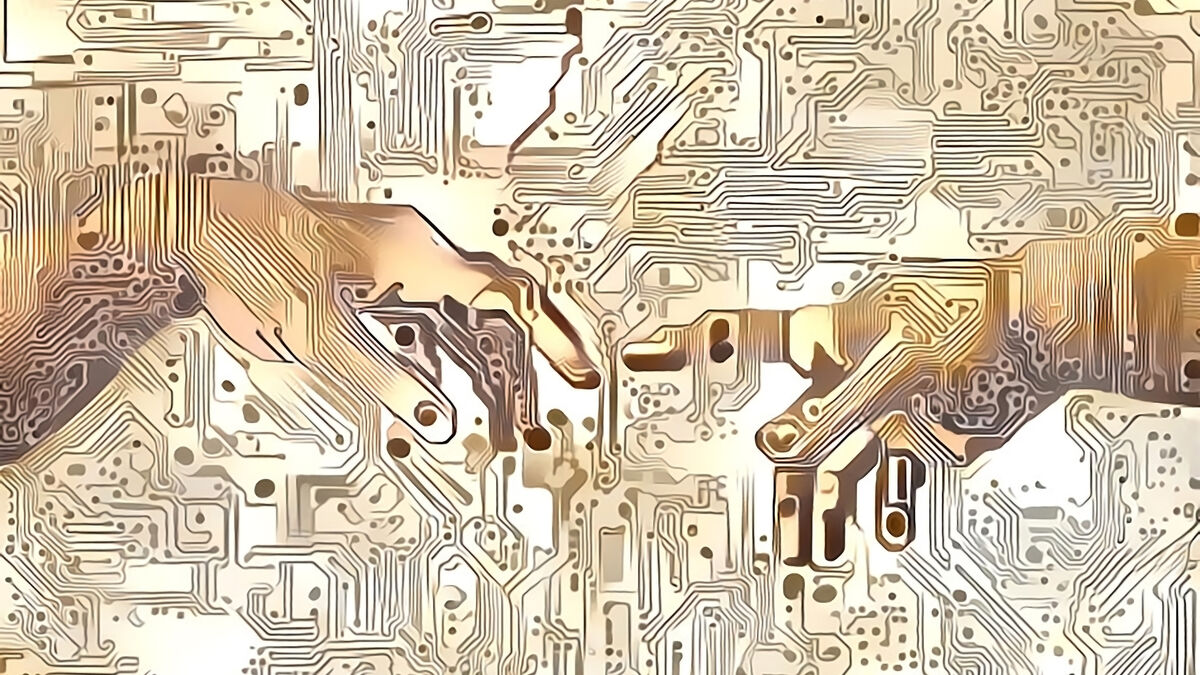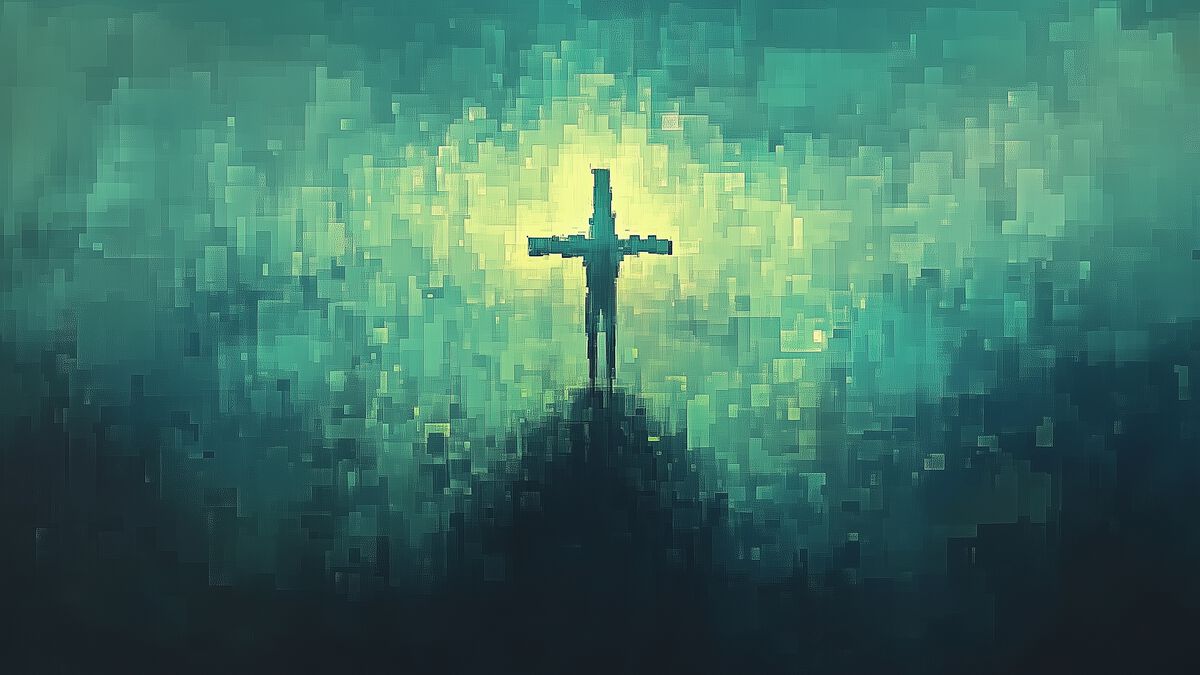New God Argument Version 3.2
Lincoln Cannon
25 June 2015 (updated 3 January 2026)
Here is version 3.2 of the New God Argument, as it appears on the new website that I published last week. Changes from version 3.1 include shortening of the main summary, addition of short summaries for each section, addition of a “decentralized” qualification on the destructive capacity mentioned in the Compassion Argument, and removal of the hyphen in “posthumanity.”
The expression “superintelligent posthumanity” is sometimes confusing, leading to unintended time travel interpretations of the argument. But I’ve not yet been persuaded of a better alternative expression.
The addition of “decentralized” as a qualifier on destructive capacity is simply a recognition of the theoretical possibility (albeit unlikely, in my estimation) that highly centralized destructive capacity, even if increasing greatly in power, would not necessitate increasing degrees of cooperation or compassion.
Summary
The New God Argument is a logical argument for faith in God. Given assumptions consistent with contemporary science and technological trends, the argument proves that if we trust in our own superintelligent potential then we should also trust that superintelligent posthumanity probably would be more compassionate than us and created our world. Because a compassionate creator may qualify as God in some religions, trust in our own superintelligent potential may entail faith in God, and atheism may entail distrust in our superintelligent potential.
Faith Assumption
The Faith Assumption is a proposition that humanity will not become extinct before evolving into superintelligent posthumanity. The proposition may be false. However, to the extent we do not know it to be false, we may have practical or moral reasons to behave as if it is true, or at least to consider its implications. In any case, the Faith Assumption is a common aspiration among secular advocates of technological evolution, and it may be consistent with the religious doctrine of theosis, also known as divinization or deification: the idea that humanity should become God.
[F1 assumption] humanity will not become extinct before evolving into superintelligent posthumanity
Compassion Argument
The Compassion Argument is a logical argument for trust that superintelligent posthumanity probably would be more compassionate than us. The basic idea is that humanity probably will continue to increase in decentralized destructive capacity, so it probably will stagnate or destroy itself unless it increases in compassion. If we trust in our own superintelligent potential, we should trust that superintelligent posthumanity would be more compassionate than us.
[CO1 assumption] EITHER humanity probably will become extinct before evolving into superintelligent posthumanity OR superintelligent posthumanity probably would not have more decentralized destructive capacity than us OR superintelligent posthumanity probably would be more compassionate than us
[CO2 assumption] superintelligent posthumanity probably would have more decentralized destructive capacity than us
[CO3 deduction from CO1, CO2, and F1] superintelligent posthumanity probably would be more compassionate than us
Creation Argument
The Creation Argument is a logical argument for trust that superintelligent posthumanity probably created our world. The basic idea is that humanity probably would not be the only or first to create many worlds emulating its evolutionary history, so it probably will never create many such worlds unless it is already in such a world. If we trust in our own superintelligent potential, we should trust that superintelligent posthumanity created our world.
[CR1 assumption] EITHER humanity probably will become extinct before evolving into superintelligent posthumanity OR superintelligent posthumanity probably would not create many worlds emulating its evolutionary history OR superintelligent posthumanity probably created our world
[CR2 assumption] superintelligent posthumanity probably would create many worlds emulating its evolutionary history
[CR3 deduction from CR1, CR2, and F1] superintelligent posthumanity probably created our world
God Conclusion
The God Conclusion is a logical deduction for faith in God. Given assumptions consistent with contemporary science and technological trends, the deduction concludes that if we trust in our own superintelligent potential then we should also trust that superintelligent posthumanity probably would be more compassionate than us and created our world. Because a compassionate creator may qualify as God in some religions, trust in our own superintelligent potential may entail faith in God, and atheism may entail distrust in our superintelligent potential.
[G1 deduction from CO3 and CR3] BOTH superintelligent posthumanity probably would be more compassionate than us AND superintelligent posthumanity probably created our world



